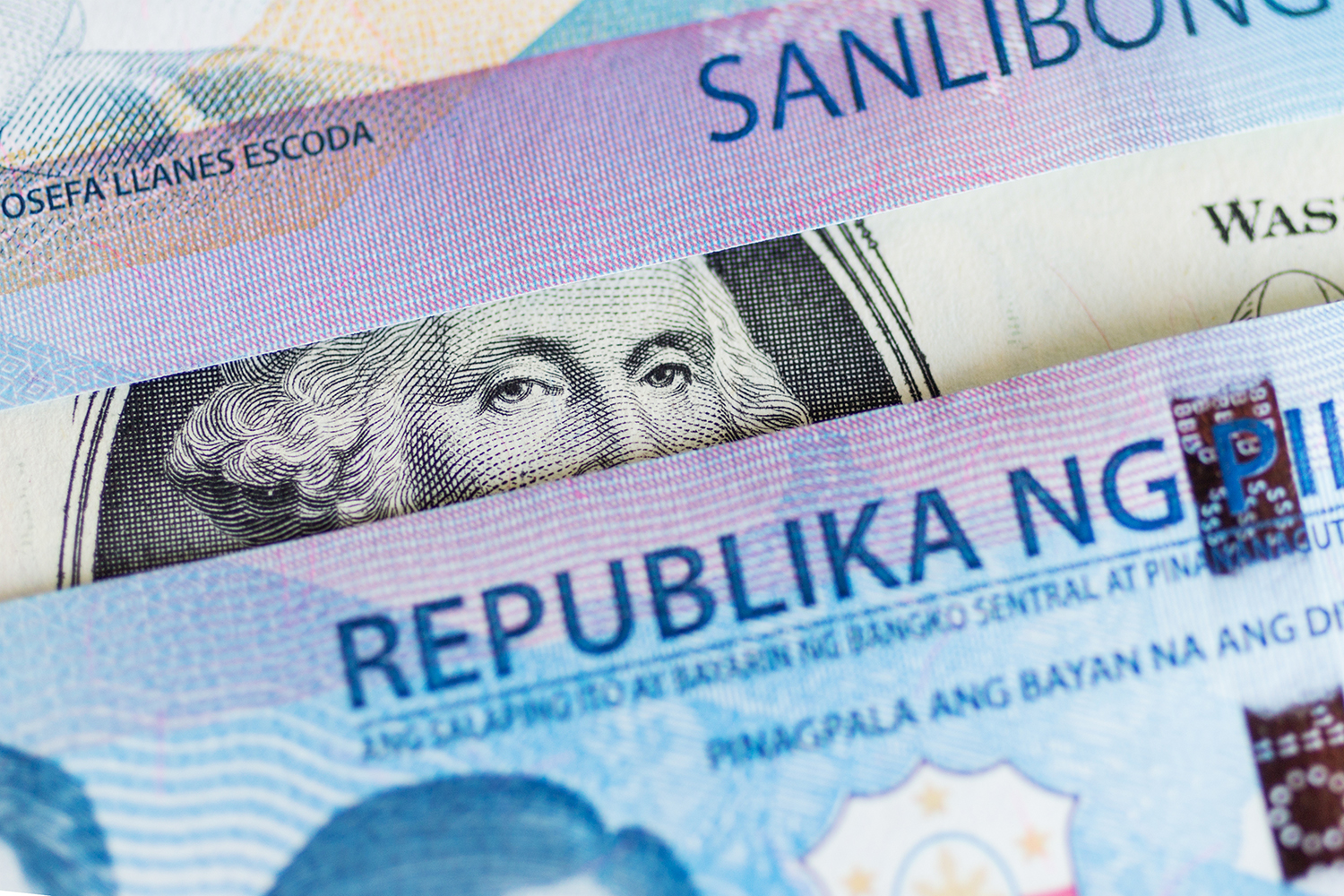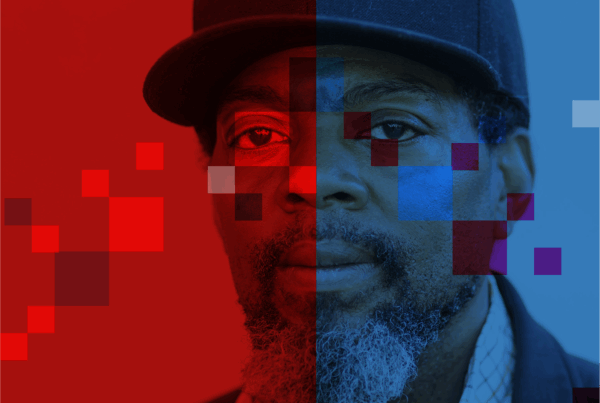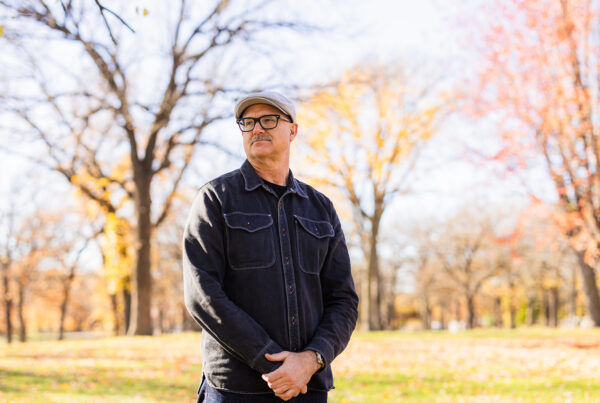The United States stands out globally for its unique reliance on unaffordable cash bail, exacerbated by its for-profit bail bond industry – making it one of only two countries with such a system. This results in widespread pretrial incarceration based solely on financial inability to pay bail. Contrary to the notion that cash bail ensures court appearance and public safety, evidence from The Bail Project and practices in countries like Germany, Ireland, and Canada show that more effective methods exist. These countries prioritize public safety while preserving pretrial liberty through alternative practices that do not hinge on financial means.
In the United States, the cash bail system has faced criticism for exacerbating inequalities and unfairly penalizing low-income individuals. This system operates on the premise that defendants must offer financial collateral to secure pretrial release. However, it frequently leads to unnecessary incarceration of individuals solely because they cannot afford bail. By prioritizing wealth over safety, this approach undermines constitutional rights and disproportionately impacts marginalized communities, perpetuating cycles of poverty.
Let’s take a look at these more effective and equitable systems:
- In Germany, pretrial release is granted to unconvicted people unless a judge determines a significant risk of flight or harm to the community. Judges assess defendants’ flight risk and danger to society in an individualized hearing to determine whether pretrial detention is necessary.
- Irish courts generally prefer non-financial conditions for pretrial release, such as requiring defendants to reside at a specific address, report regularly to police, or abide by curfews. Cash bail is considered a last resort, used only when non-financial conditions are insufficient to mitigate the risk of flight or reoffending. This approach ensures that pretrial detention is not disproportionately experienced by those unable to afford bail.
- Canada’s bail system operates similarly to that of many European countries, with a focus on ensuring defendants’ appearance in court and the protection of public safety without relying heavily on cash bail. The Canadian system aims to balance the principles of individual liberty and public safety, reflecting a commitment to fairness and equality in the administration of justice.
Other countries’ alternative approaches demonstrate that they can replace cash bail with fairer and more effective systems that prioritize individual rights, address underlying factors contributing to criminal behavior, and reduce disparities in the criminal justice system. These approaches provide evidence that a better pretrial justice system is possible, one that does not prioritize the financial resources of those detained.
Studies indicate that cash bail does not significantly influence a person’s future court appearances or reduce the likelihood of new offenses before trial. Instead, it can exacerbate pretrial injustices by unnecessarily detaining individuals who could safely be released. According to The Bail Project’s report “Out of Pocket: The High Cost of Pretrial Incarceration,” investing in needs-based interventions like court date reminders, transportation assistance, and supportive services can yield better outcomes. This approach not only improves the outcomes for the hundreds of thousands jailed pretrial but also saves taxpayer dollars, which could be allocated to housing, public education, and community-based mental health services. The Bail Project’s assistance to over 30,000 people, providing free bail and supportive services, has resulted in a 91% court appearance rate, demonstrating the effectiveness of a bail system that does not rely on cash.
Efforts to reform the U.S. cash bail system have gained significant momentum recently, with policymakers, activists, and legal experts advocating for change. Over a dozen states and localities, such as Illinois, Harris County, TX, and Los Angeles, CA, have implemented reforms to reduce or eliminate cash bail for certain offenses, expand pretrial services programs, and promote alternatives to pretrial incarceration. We cannot afford to passively accept a cash bail system that harms individuals, families, and communities – especially when evidence from countries worldwide and various U.S. jurisdictions shows that alternative approaches are effective and feasible.
Thank you for reading. The Bail Project is a 501(c)(3) nonprofit organization that is only able to provide direct services and sustain systems change work through donations from people like you. If you found value in this article, please consider supporting our work today.











